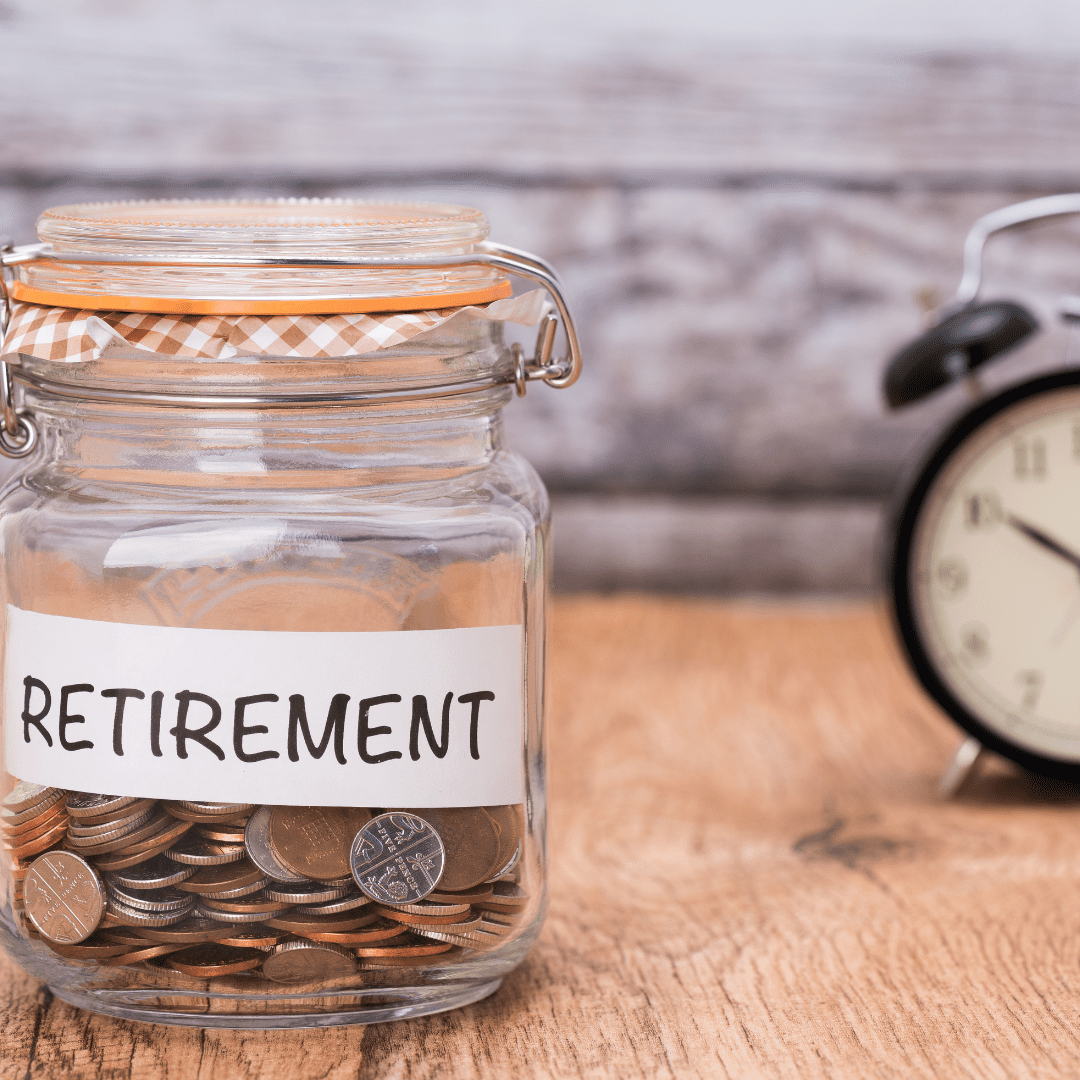
Only a quarter of pension savers using a workplace pension believe they are saving enough for retirement.
The Pensions and Lifetime Savings Association (PLSA) survey found that UK households are being squeezed by the cost of living crisis, with the Russian invasion of Ukraine and two years of Covid restrictions weighing heavily on family finances.
According to the survey, workplace pension savers between 35 and 54 were most concerned about not having enough to live off in retirement, with 29% reporting concerns.
Only 20% of people over 55 shared the same concern.
Women were more concerned than men about insufficient retirement savings, with 31% of women expressing a worry compared to 21% of men.
The PLSA findings:
The PLSA found that workplace pension savers have long-term concerns about their financial health in retirement, with 35% of low-income households (with income up to £14,000 a year) and 31% of medium-income households (£14,000 to £28,000 a year) expressing their concerns.
For households with an income of more than £48,000, the proportion concerned about their financial wellbeing in retirement falls to 20%.
Nigel Peaple, director of policy and advocacy at PLSA, said:
“We have long argued that current contribution levels are not likely to give people the level of retirement income they expect or need.”
21% of the adults surveyed for the PLSA said they save into a pension to ensure a minimum standard of living in retirement.
However, 41% of those surveyed said they save in pension to create a moderate standard of living in retirement, which means their pension income will cover basic living expenses and provide some money to do some of the things they would like to do.
33% of those surveyed said they wanted to ensure a comfortable living standard in retirement, which means they have enough to live comfortably and do most of the things they would like to do.
The PLSA believes that a single person needs £11,000 a year to achieve a minimum living standard in retirement, rising to £21,000 for a moderate living standard and £34,000 for a comfortable living standard.
For couples in retirement, the living standard income requirements are £17,000, £31,000 and £50,000 a year.
To help pension savers achieve a better standard of living in retirement, the PLSA wants the government to increase automatic enrollment pension contributions from 8% of a band of earnings to 12% of all salaries by the early 2030s.
Five key moments in life to reconnect with your pension.
Peaple continued: “As the government seeks to ‘level-up’ the economy, narrowing wealth disparities between regions and different demographics, we think now is the right time for the government to commit to levelling up pensions, gradually, over the next decade, in three affordable steps.
“First, the government should implement its plans of extending pension savings to the over 18s and commence pension saving on each pound of savings from the mid-2020s.
“Then around the end of the decade, pensions should be ‘levelled up’ so that employers match employee contributions. This would mean 10 per cent of pay goes into pensions but would not require extra contributions by workers. Finally, when affordable, in the early 2030s, contributions should be increased to 12 per cent.”
